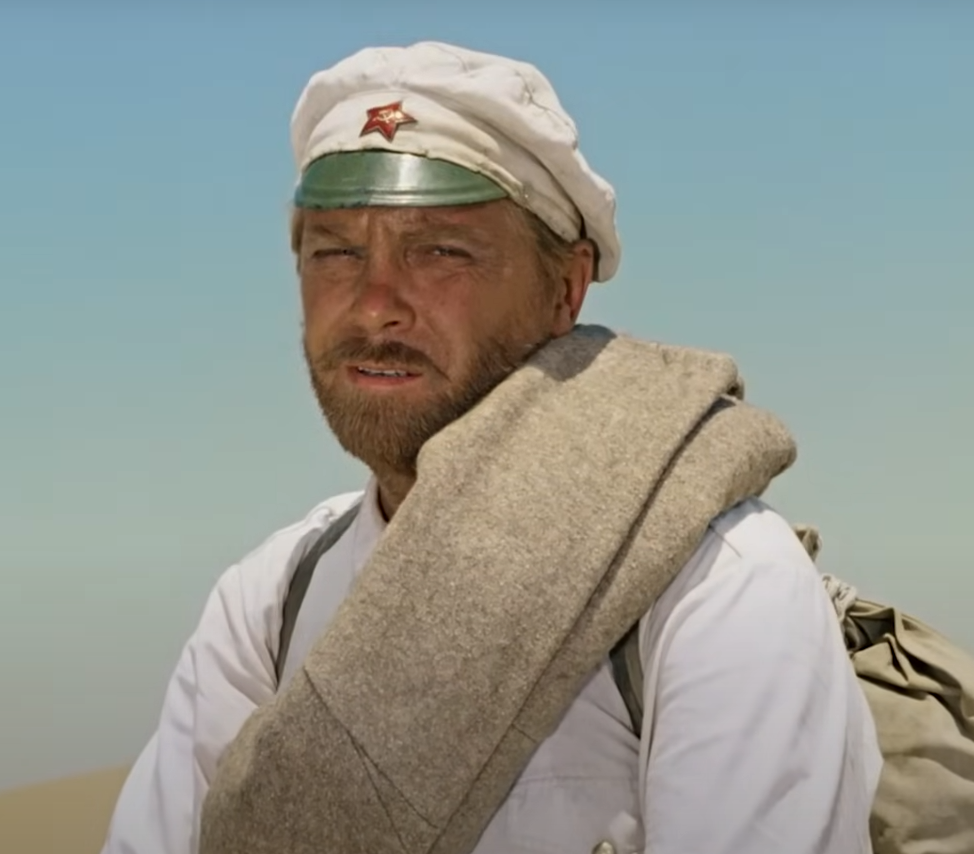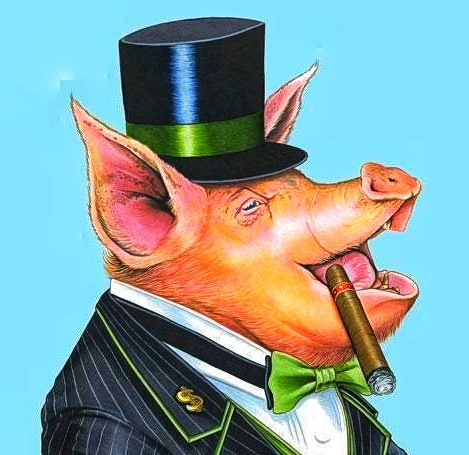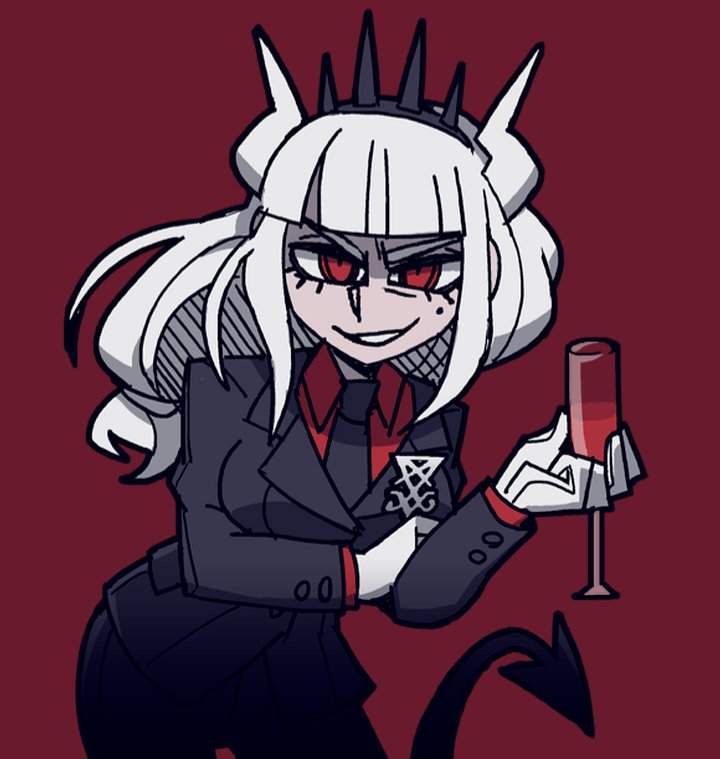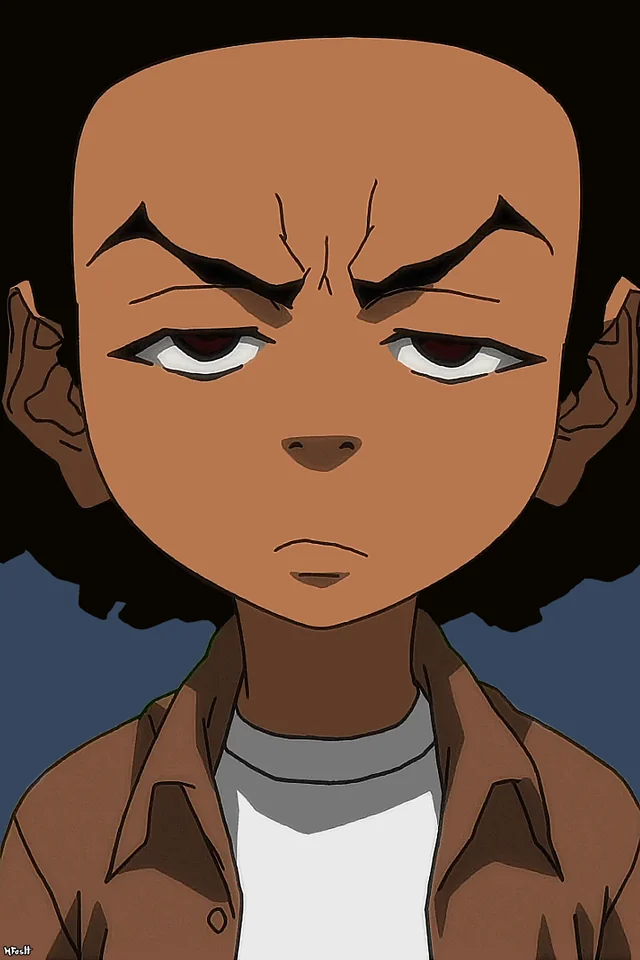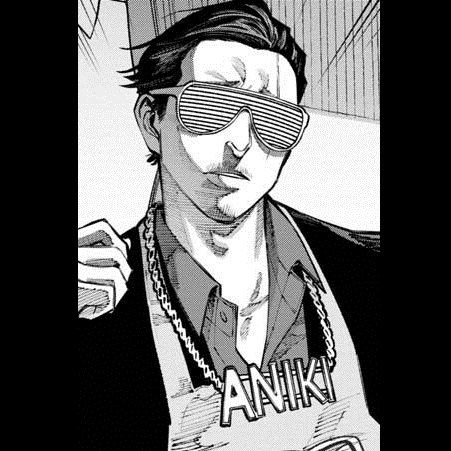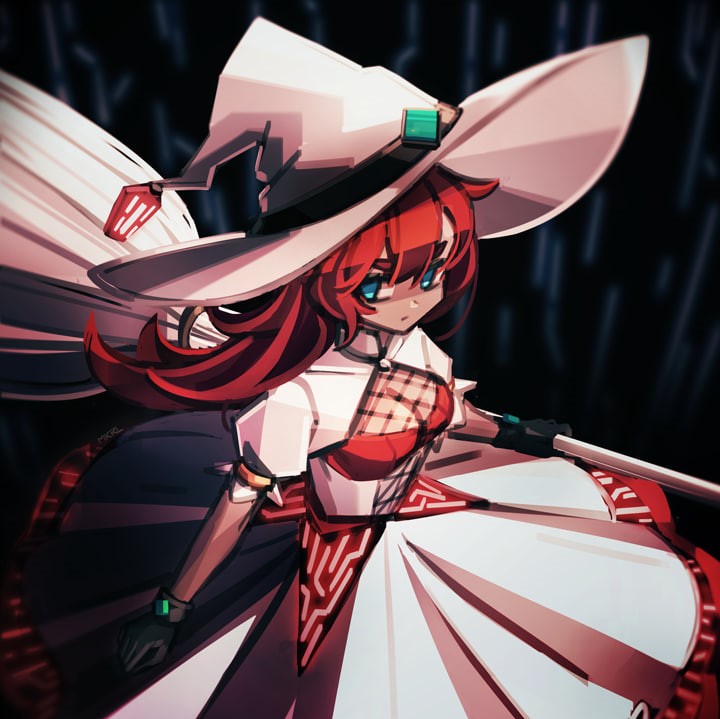My roommate has been educating himself on communism, and we have been having many great conversations on theory and what have you. He says he is a communist. However, he has come to some very different conclusions to me, and I have been going back and forth on his talking points a lot. I was wondering what you guys would think of his talking points since I have to hear them and discuss them with him a lot.
-
Vanguardism/council republics are inherently flawed and undemocratic. He admits that there is democracy within a Marxist-Leninist government, but says it is not good enough because you don't vote directly for the president, etc...
-
Says that vanguardism is "elitist" and that the core of the idea is that the working classes are stupid and only the intelligentsia knows right. He said he liked Lenin but he was too "mean" and didn't speak as kindly of the peasants as he wanted. (lol)
-
Attributes the fall of the USSR entirely to the democratic organization of the government. Says that if the Soviet Union had allowed a more "libertarian" "democratic" structure what happened wouldn't have happened. I've also notice he attributes a lot of China's problems historically to the way their government is structured.
Sounds like a lot of the same lib brainworms I had as a baby communist. Annoying as hell, but there's a real possibility to fully tip them to the based side if you follow Sankara's advice and never tire of explaining.
I would argue that libertarian communism is the end goal. We want to eliminate the state in the long run, after all. But the worker's state and the vanguard party are materially necessary in the (very literal) revolutionary war against capitalism
Regarding points one and two, he should read some Mao regarding the vanguard and it's role. The vanguard is not separate from the proletariat, it is the most politically advanced section of it. It is only formed through mass struggle and exists only in a dialectical relationship with the masses.
However active the leading group may be, its activity will amount to fruitless effort by a handful of people unless combined with the activity of the masses. On the other hand, if the masses alone are active without a strong leading group to organize their activity properly, such activity cannot be sustained for long, or carried forward in the right direction, or raised to a high level. The masses in any given place are generally composed of three parts, the relatively active, the intermediate and the relatively backward. The leaders must therefore be skilled in uniting the small number of active elements around the leadership and must rely on them to raise the level of the intermediate element and to win over the backward elements. A leading group that is genuinely united and linked with the masses can be formed only gradually in the process of mass struggle, and not in isolation from it.
In all the practical work of our Party, all correct leadership is necessarily "from the masses, to the masses". This means: take the ideas of the masses (scattered and unsystematic ideas) and concentrate them (through study turn them into concentrated and systematic ideas), then go to the masses and propagate and explain these ideas until the masses embrace them as their own, hold fast to them and translate them into action, and test the correctness of these ideas in such action. Then once again concentrate ideas from the masses and once again go to the masses so that the ideas are persevered in and carried through. And so on, over and over again in an endless spiral, with the ideas becoming more correct, more vital and richer each time. Such is the Marxist theory of knowledge.
took me some time to realize all encompassing, radical direct democracy is not the solution to states under siege from every attack vector in existence
in isolation this kind of direct democracy would likely not have "saved" the Soviet Union. would more democratic accountability have helped? possibly, i'm not educated enough to say
doesn't mean we shouldn't strive for it. i believe libertarian socialism/communism/marxism is a transition state that we should absolutely strive for in the post, final-conflict era.
once socialism is dominant and capitalism is on the ropes it would be criminal not to work towards it on the way to advanced socialism and full communism
liberation should be in totality
'libertarian' is a word too poisoned to used for me. thats like calling things 'authoritarian stage of socialism' when that doesnt actually describe anything going on. Its like a horoscope for ideologies.
Is it more democratic to have a rotating cast of circus clowns, each blaming their predecessor for the current problems and passing the buck to the next while shuffling off before there's even a semblance of accountability for their actions?
Who comprises the vanguard? Bro's talking about Narodnism, not vanguardism but he doesn't even know it.
#3 is pure, uncut idealism. Zubok's book Collapse details the causes of the systematic and intentional dismantling of the USSR (Audiobook here). There's no reason why people couldn't have been sold this incremental undermining of the USSR through referenda and other democratic processes.
Not voting directly for the head of state is pretty normal even in first world capitalist countries.
the idea that directly voting for your leader is what makes a democracy is pure idealism and irrational
Says that vanguardism is "elitist" and that the core of the idea is that the working classes are stupid and only the intelligentsia knows right. He said he liked Lenin but he was too "mean" and didn't speak as kindly of the peasants as he wanted. (lol)
He'd enjoy Lenin Rediscovered
This is a pretty normal route of radicalization. Libertarian socialism definitely jives more with the propaganda that Americans grew up with. My path was libertarian -> Bernie lib / socdem -> anarchist -> Marxist / ml. What got me was basically reading about the success rates of anarchism vs MLism, honestly I still feel like anarchism/libsoc aligns with my ideals more than MLism. But unfortunately it just can't really defend itself like ML revolutions can
honestly I still feel like anarchism/libsoc aligns with my ideals more than MLism. But unfortunately it just can't really defend itself like ML revolutions can
I vibe with this. I don’t think the planet has time for us to wait to get it right first try and achieve anarcho-communism before we achieve more hierarchical forms.
My path was libertarian -> Bernie lib / socdem -> anarchist -> Marxist / ml.
This is me exactly lmao.
- Vanguardism/council republics are inherently flawed and undemocratic. He admits that there is democracy within a Marxist-Leninist government, but says it is not good enough because you don't vote directly for the president, etc...
Every system is inherently flawed and undemocratic in some way, shape, or form. Any that claims otherwise is an untethered utopianist theory disconnected from concrete reality.
Saying something isn't "good enough" isn't an explanation, especially when I'm willing to gamble that this person really doesn't understand how a communist party functions when it organizes the State, therefore I'm including this evergreen article on exactly that so people can enrich their knowledge on the topic
- Says that vanguardism is "elitist" and that the core of the idea is that the working classes are stupid and only the intelligentsia knows right. He said he liked Lenin but he was too "mean" and didn't speak as kindly of the peasants as he wanted. (lol)
The overwhelming majority of the leadership of the communist parties around the world are proletarian. Stalin was a fucking peasant, Khrushchev was a metal worker, Brezhnev was a metallurgical engineer, etc. Also Lenin saying mean words is a liberal nitpick in contrast to his material actions of saying anyone that slacked off and caused an urgent delivery of grain to a village of starving peasants is to be shot. One can be critical of a historically reactionary and backwards class yet move heaven and earth to save them.
- Attributes the fall of the USSR entirely to the democratic organization of the government. Says that if the Soviet Union had allowed a more "libertarian" "democratic" structure what happened wouldn't have happened. I've also notice he attributes a lot of China's problems historically to the way their government is structured.
Meaningless buzzwords with no substance behind them. Go study what the hell you're trying to criticize before trying to say you can do better from your armchair
I think you are missing an important word here comrade
saying anyone that slackd off and caused an urgent delivery of grain to a village of starving peasants is to be shot
Lenin will shoot anyone who feeds the peasants??
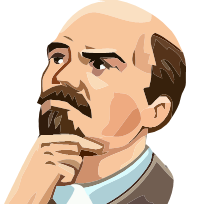 Gommunism no food confirmed
Gommunism no food confirmedLenin knew who needed it most. Stalin was soooo hungry for the grainss


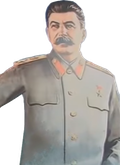
thank you for the article, it was quite informative
and yeah, most 'libertarian' communists are too idealistic to actually implement their ideas.
This is the stage where he needs to read an in-depth study of any revolution. His theory has to be tested against the challenges real-world revolutionaries faced.
Imo the Russian revolution is the best one to study but it's more important that the source is good. Losurdo's Stalin is a good read. Proles Pod is in the process of a multi part series as well.
Rather than try to directly refute years of ingrained propaganda, start the process of building a better foundational understanding. The misinfo will be slowly abandoned when it starts to contradict his more complex network of knowledge.
I wish I knew how to tell bro he's an idealist and has brain worms in real life person language. He says revolutionary governments should work to oppress the bourgeoisie, but if the vanguard party isn't abolished/dissolved/weakened within a certain amount of time its "authoritarian". I keep trying to address external pressures on these entities and what I feel like is a fundamental misunderstanding of the concept by him, but it's to no avail.
Ultimately it's not a matter of him coming to the "right" conclusion, it's whether he can answer the questions posed by material conditions. So rather than saying his conclusions are wrong, describe some of the problems the USSR faced and ask how he would have dealt with them. Both of the sources I mentioned go through this in detail, I strongly recommend them to everyone.
I've also notice he attributes a lot of China's problems historically to the way their government is structured.
Make him read Sorghum and Steel, because even though it's a long-form journal article by anti-CPC ultras they actually go into a bit of detail as to what China was actually doing and how many different sorts of organizational experiments there were in the 50s and 60s, as well as what the actual problems it faced were (spoiler: it's all material conditions, namely the lack of capital, China's comparative isolation after the Sino-Soviet split, and the ever-present threat of a nuclear attack by the US).
I was in this phase before I learned more about the history of counter revolutions, like what happened during the mid to late 19th century (like to the Paris Commune) as well as during the Cold War to places like Cuba and the US's various coups. The fact that they've gotten this far is good news imo.
It was only decades after I learned about the killing of the Romanov dynasty that I learned France; Great Britain (and their colonies); US and several other nations sent their troops to aid the Whites during the Russian Revolution
Lenin was dismissive of the peasantry, but I'd say perhaps a better answer is for him to read Mao and read about Mao. Read Mao for his discussion of the revolutionary potential and actions of the peasantry, and read about him not only because of his successful leadership of the peasantry, but also because the mistakes Mao made over and over again from the start of the PRC to his death were in large part having a blind faith in the masses just spontaneously doing the right thing (See the hundred flowers campaign, the four pests campaign, and a lot of things having to do with the Red Guards* during the CR). He was a great leader and did a lot of good things, including the productive use of democratic input through the Mass Line and more grassroots initiatives, but many of his errors were clearly on the side of what you might call democratic idealism.
*I have a feeling the Red Guards were slandered just like a lot of things about Mao were slandered following his death (or ongoing slander was given more air), but I think it's like the Four Pests campaign where even beyond the slander some shit went wrong that was totally the fault of the Party.
Yeah I went through that phase.
I grew past it when I accepted that direct democracy and consensus decision making and leaderless horizonalism can't work while under siege by capitalist reaction and counter-revolution. That kind of structure might work in peace, not class war.
I came to that conclusion from watching and experiencing the failure of the 2010s protest movements - you can't fight a revolution if everyone is debating everything all the time and there's no leaders. There's a good historical retrospective about this called If We Burn, highly recommend. The most important conclusion from the book was, if you don't pick your leaders democratically, they will pick themselves.
That phase is called idealism and comes from a lack of any sort of analysis. It is an entirely contrived, utopian solution “to which reality will have to adjust itself.”
There is no ideal Marxist form of democracy other than the form which suits the conditions at hand.
It also comes from a lack of any sort of grounding in actual praxis or history. Without seeing how ideas interact with reality we just end up debating how many angels can dance on the head of a pin.
I did a reading club in /c/theory about If We Burn last year. It's a great book.
